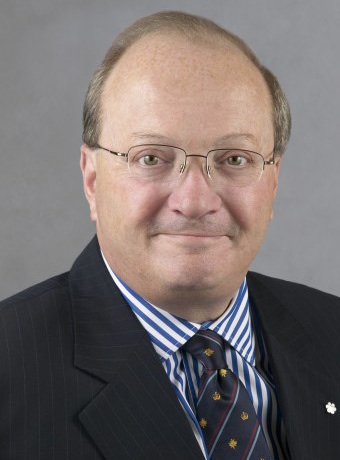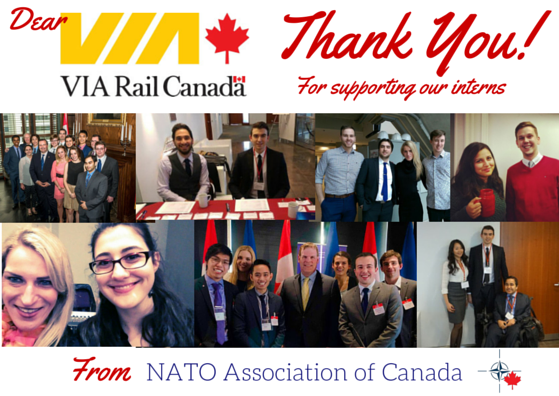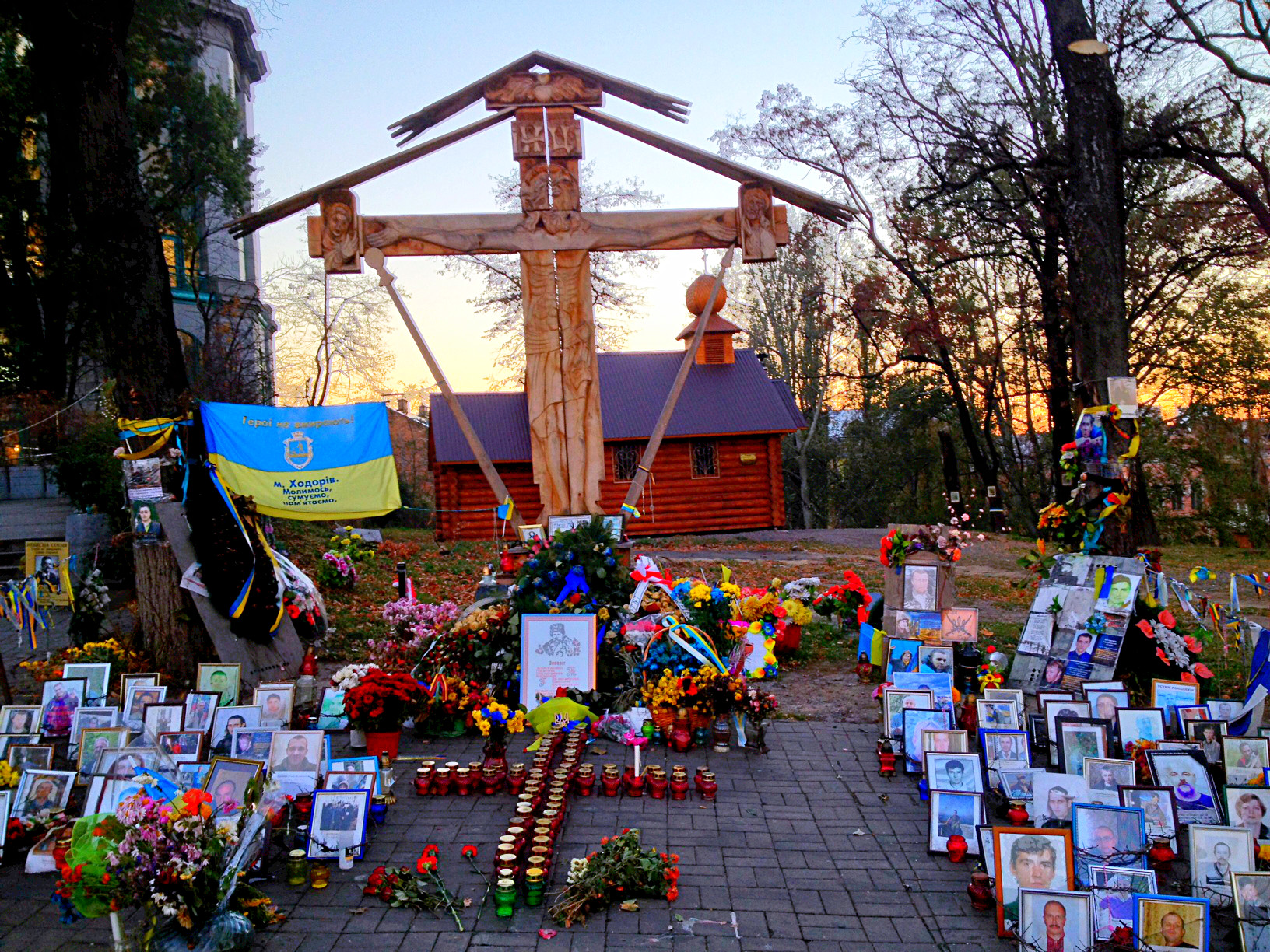A reflection on the Ottawa shooting from the Honourable Hugh Segal, Chair of the NATO Council of Canada, Master of Massey College.
The serial tragedy that saw two Canadian Armed Forces members murdered simply because they were members of the Armed Forces, and watching hundreds of parliamentarians and support staff face proximate risk of violence within the Parliamentary precinct, is a reflection of the balance that non-police state democracies seek to maintain. That balance has both its risks and limitations, as NATO allies like the United States, the United Kingdom, France, Spain, Belgium and others have found out. Other democracies in tough neighborhoods, like India and Israel, Kenya and Nigeria, Malaysia and Mexico understand this phenomenon only too well. Whether the violence is driven by drug cartels, international terrorist organization, violent Jihadi websites or disgruntled, less-than-balanced angry young men acting out because of frustration and marginalization, actually matters. So the post-event investigations need to drill down to sort out the various causes with tangible facts and evidence – not infectious contagion of presumption or easy bias.
The role of the state in a constitutional democracy is to preserve national security. Without freedom from fear, no society can operate with any measure of civility or opportunity for the vast majority of its citizens. This means that the security agencies, both intelligence and law enforcement, need an enhanced integration and real-time linkage model that is essentially seamless. Any time lost to turf or procedural delay means increased exposure of the public to unnecessarily enhanced risk.
A Royal Commission on the Air India bombing, still Canada’s worst terrorist event, revealed that, while CSIS agents observed explosive testing in remote areas, this information did not translate into prophylactic police activity soon enough. It revealed that, at the time, there were different cultures operating between CSIS and the RCMP. The RCMP, as a police and law enforcement organization, focuses on gathering evidence for prosecution and conviction. CSIS focuses on intelligence and analysis to inform police and National Defence decision-making as well as properly advising senior ministers and National Security Advisors to the Prime Minister of the day. While there is no conflict here in the broad national security purpose, and leadership on both sides have been working hard on more integrated cooperation, there are still two operating cultures – possibly understandable given the provenance and history of both organizations.
Without freedom from fear, no society can operate with any measure of civility or opportunity for the vast majority of its citizens.
In March of 2011, the Special Senate Committee on Anti-Terrorism issued an interim report entitled, “Security, Freedom and the Complex Terrorist Threat” (the Honourable Serge Joyal was Deputy-Chair and I served as Chair). As the government and its security agencies sort through the facts of the events in Ottawa and St. Jean-sur-Richelieu, there are a few of the sixteen recommendations of this Report that may be of value. If the purpose of the post-attack investigation is to determine not only what happened and why, but also how best to prevent similar events in future, structural changes in agency instruments and cooperation need to be considered. Reportedly the government was planning to amend various statutory provisions on security matters now in place. This may be the opportunity to tweak one or two areas that will enhance the right balance between national security and the protection of Canadian freedom. Recommendation 10 of the Anti-Terrorism Report advocated the government amending section 12 of the Canadian Security Intelligence Service Act to clarify CSIS’ right to utilize lawful disruption as one method of preventing terrorist attacks and allowing CSIS to establish official procedures and formal guidelines on the terms and conditions of utilizing such preventive activities. It was also recommended that the National Security Advisor have a statutory role, with the ability to force rapid sharing of information – bottom up, top down and horizontally – between agencies and involving municipal police forces and their criminal intelligence operations.
These suggestions were given in testimonies by expert police and international sources who clearly argued for more rapid movement of data and more activist engagement beyond lawfully executed surveillance which is then passed on to others for CSIS agents and analysts in the field, undercover and elsewhere. The current rumored legislative amendments that would underline CSIS’ ability to cooperate with allied intelligence agencies to detect and apprehend prospective terrorist actors or activities before bad things happen would enhance the general freedom from fear Canadians have always enjoyed and have every right to expect.
The government would also do well to consider proposals currently before the House and the Senate for real parliamentary oversight of the kind that exists in France, Germany, the US, the UK and Australia – our NATO partners. This is not only a proper forum for security agencies to use for analysis, discussion and deliberation, but is a way of ensuring that our parliamentarians (beyond just a few Ministers and the PM) are broadly educated as to the real risks and challenges our security agencies face. The purpose of this kind of legislative role, with appropriate safeguards, is not to constrain security agencies’ freedom to act (this is already defined by laws, the Constitution and judicial precedents), but to enable these agencies to illuminate and benefit from legislators’ judgment and experience. We have police, diplomatic and military-experienced parliamentarians who would be profoundly helpful.
There are very few countries in the world that experience the freedom from fear, open democracy and general civility enjoyed by Canada. The events of this week change none of it. But keeping our reality will require the right balance going forward, a balance not helped by complacency, institutional lethargy or turf preservation.





